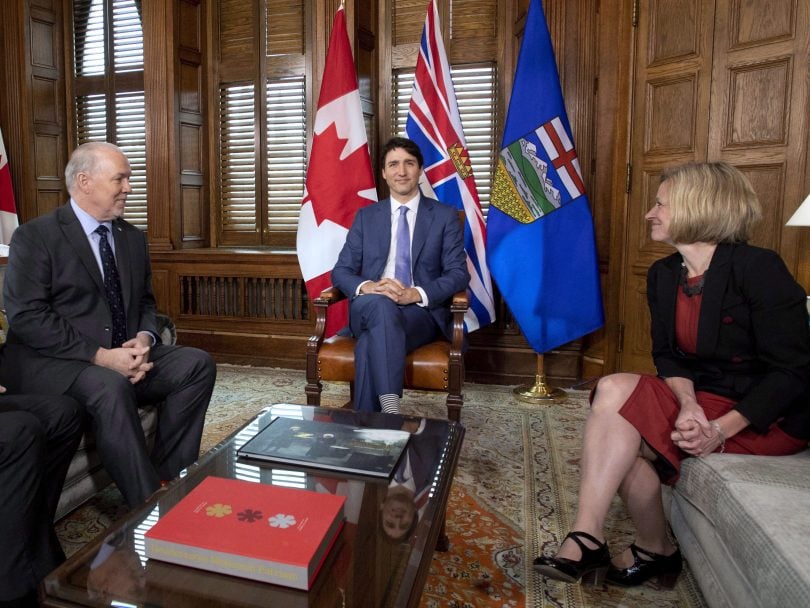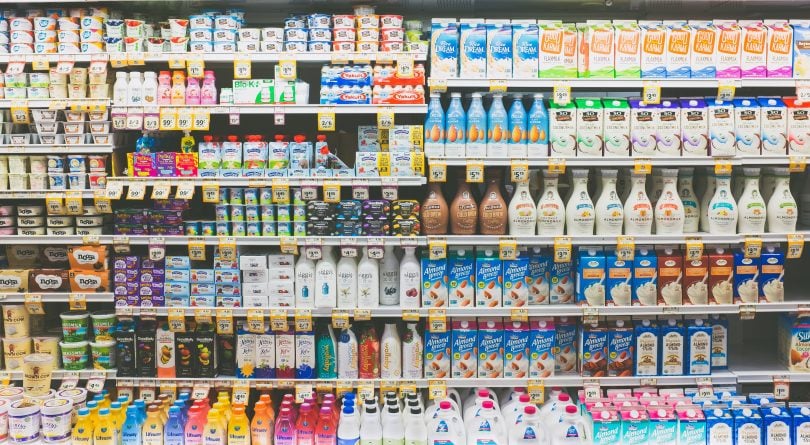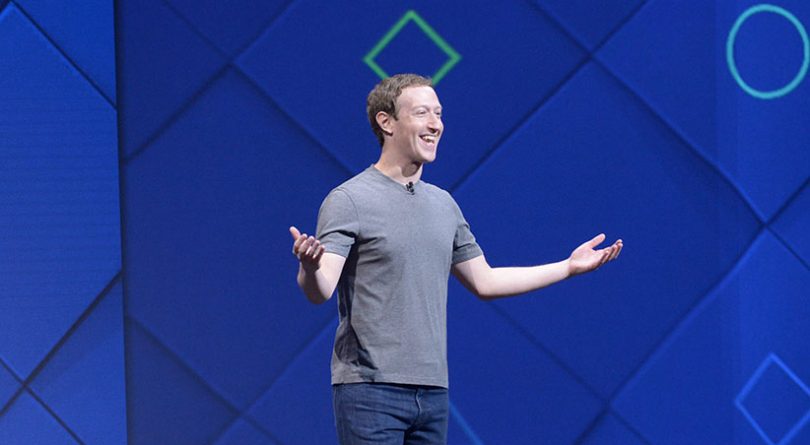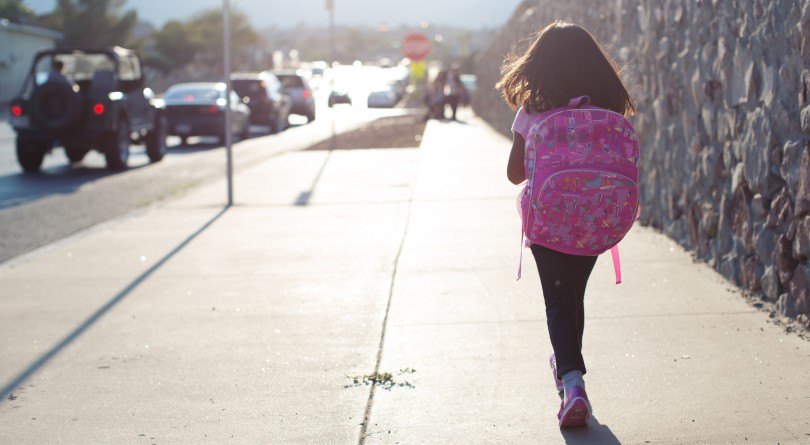The Alberta-B.C. pipeline fight: ‘It might be easier to hate oil companies if they didn’t hire so many people’
May 4, 2018: Maclean’s readers weigh in on pipelines, free-range kids, Canada’s food guide and more

THE CANADIAN PRESS/Larry MacDougal
Share

Memo to Alberta: Get a grip
In April, Stephen Maher argued that Alberta’s righteous indignation over pipelines is over the top—B.C.’s concerns are valid and Ottawa has not failed to back the oil sands.
Stephen Maher could have just stopped at “let the process work” and “try not to be mean to BC.” I get that. I believe in B.C. democracy, I have a lot of family there, although Andy Weaver does give me pause. I also appreciate Mr. Maher’s support for the Kinder Morgan pipeline. Are Albertans angry polluters? You might well think that. I couldn’t possibly comment. What then, as an Albertan, am I to make of a country where it is better to purchase oil from foreigners in ships than it is to build a pipeline to bring the product produced in their own country? Must have missed the opinion piece where Maher lectured Quebec to be less angry about Energy East so that Nova Scotia’s median household income could rise.
What, as an Albertan, am I to make of a country where foreign money can and does influence elections and pipelines? Care to expand, Stephen, on whether you think North American (does that mean Yankees!?) environmentalists should be allowed to influence decisions in B.C .and Canada? How Russian can you get? I’m sure Maclean’s has got a cover story coming up on foreign interference in Canadian elections. Stephen, my boy, if you hate oil companies, then just come right out and say it. You won’t have to hide behind the “noble cause” that allows you to give a pass to foreign money influencing elections. The double standard of one set of emission rules for Alberta and another one for Quebec won’t make your tummy hurt any more. You can just say, “I hate oil companies.” You can make it your mantra when flying in a plane. Throw in a few carbon offsets and you can sleep through the night. For one last feel-good moment, you can blame oil companies for the fact that people drive pickup trucks. There: no personal responsibility for the consumer, no benefit to the user. Still, it might be a little easier to hate oil companies if they didn’t hire so many people. Personally, I think phone companies and investment banks are where the real evil lies, but that’s just me.
Albertans can only take so much of your hypocrisy and having the rest of Canada stand on what we are trying to lift before they must look at whether Albertans are better in or better out. When/if Kinder Morgan fails, a search for the Lucien Bouchard of Alberta can begin in earnest. — Andrew McIvor, Dunmore, Alta.
T.A. Mavis Bannister on Facebook: On that note, Dear Alberta, shift your economy to renewables and refine the bitumen in your province to fuel the Green transition. You could be the guy that supplies all the solar panels and all the wind turbines to the world. What the F are you waiting for?
Mike Lebrasceur on Facebook: The last time I looked into this the pipeline falls under federal jurisdiction and the province is just playing politics. This was already approved. As well you have Horgan saying that he doesn’t want Alberta’s dirty oil then threatens to sue the Alberta government if they cut off the flow. What a joke you can’t have it both ways.
Amanda Pitchford on Facebook: Pipelines are the safest and most environmentally friendly way to transport oil, period. No environmentalist mentions transporting oil by rail, but it’s actually less safe and consumes more resources. And yes, there is a risk for pipeline leaks, but it can be mitigated by technology and careful monitoring.
Gavin McClenaghan on Facebook: We’ve tried being calm and trusting that cooler heads will prevail. That has lead to two of the three pipelines that made it through the non-political approval processes being abandoned because of political reasons. Yes, it will take some time to figure out how to properly engage on things we thought we all mutually promised to each other. But don’t ask us to calm down, that has a horrible track record of late.
A reminder to Trudeau: Canada barely survived Brian Mulroney’s constitutional blunders

In May, Paul Wells wrote that under Justin Trudeau’s Liberals, Canada risks becoming an environmental basket case and a lousy oil merchant.
This was one of those well-written pieces that makes the reader (or at least me) want to clap at the end. What a rarity in modern journalism! Your writing style is refreshing, authentic, expressive, and witty. I was particularly impressed with your ability to maintain a truly neutral stance, given the abundance of obvious media bias presented to the public on a daily basis. I am no Trudeau hater, nor a lover. I am not an environmental activist, nor a promoter of the oil and gas industry. I suppose I take a generally pro-B.C. stance on this, in part due to my concerns about oil spills and what is at stake, having lived on the West Coast for a period. At the same time, I live in Saskatchewan and definitely empathize with oil and gas workers and other more conservative views on this. But, all of the usual arguments aside, it’s the lose-lose position Trudeau has put himself in that stands out to me. I have been saying to my friends and family all along: he promised opposite results to various groups, and now can’t satisfy any of them. Your article put my thoughts into words, plus added a great deal of vital information on the overall issue. So thank you, Paul Wells, for your fantastic piece. It was a delight to read! — Kelly Day, Prince Albert, Sask.
Matt Price on Twitter: Good piece. Personifying the camps helps tell the story, but they really boil down to Economic Inertia vs. The Laws of Physics. Only one of those wins in the end – just depends how ugly it’ll be.
The neverending war for Canada’s Food Guide

In April, Murad Hemmadi reported that, a decade since the last revision, and after two years and 20,000 submissions, the new Guide that resulted will be controversial nonetheless.
Most of us would benefit from eating more fruits, vegetables and fibre. But a plant-based diet is not one that excludes meat. A key question is what should be reduced in the diet to make room for more plant-based protein. Considering the stats, swapping out ultra-processed foods at 48 per cent of our calories—not red meat at 5 per cent of our calories—makes the most sense. There is a common misconception that red meat is consumed in amounts that exceed recommended levels. In fact, according to Statistics Canada data, daily meat consumption declined 14 grams on average between the 2004 and 2015. Protein intakes average on the lower end of recommendations: 17 per cent of the 10 to 35 per cent of calories recommended. How does red meat fit in? On average, 5 per cent of calories come from fresh red meat. Worth noting, by comparison, 48 per cent of our calories come from ultra-processed foods with little to no nutritional value. Fifty-six per cent of adolescent males, 48 per cent of females 31 to 50 years of age, and 69 per cent of females older than 70 reported consuming less than the daily recommended number of servings for meat and alternatives. These groups are putting themselves at risk of deficiencies in the nutrients that meat and alternatives deliver, namely protein, iron, zinc and B12.
Meanwhile, as obesity and diabetes rates rise, consumption of some of our basic foundational foods such as milk, beef and eggs has decreased, with red meat consumption reduced to less than a serving per day on average. Beef provides quality calories, which means a 75-g serving of cooked beef provides 26 g of high-quality, hunger-curbing protein, along with iron, zinc and B vitamins, all for less than 200 calories. That’s more protein than 3.5 servings of almonds (almost 1 cup at 700+ calories), and seven times more vitamin B12 than an equal amount of chicken breast. Yes, pulses are highly nutritious foods, but you need to eat 2.5 servings (more than one 19-oz/540-ml can) of black beans at over 420 calories) to get the same amount of protein as a single, 75-g serving of beef. A 75-g portion of cooked beef has about the same amount of saturated fat (3 g) found in an equal portion of cooked Atlantic salmon. Surprising to many, more than half of the fat in beef is unsaturated. In fact, most of the unsaturated fat in beef is oleic acid, the same type of healthy fat found in olive oil. Almost 80 per cent of Canadians trim fat from their meat and 71 per cent buy lean or extra-lean ground beef. Many of us would benefit from eating more fruits, vegetables and fibre. The confusion arises when we equate a plant-based diet with one that excludes meat. — Joyce Parslow, Executive Director, Marketing and Consumer Relations Canada Beef, Mississauga, Ont.
Mark Zuckerberg didn’t lie to us. We lied to ourselves.

In April, Scott Gilmore argued that it was Facebook users who misguidedly decided to share their lives with strangers. Meanwhile, Stephen Maher pointed out that a 2009 Canadian investigation warned about facebook’s data collecting, and that Zuckerberg’s apologies won’t fix the problem.
I just wanted to commend Scott Gilmore for his article about Facebook. People need to open their eyes and see what they are posting on the Internet, not blame others for posting on Facebook. Zuckerberg created Facebook, people input their information there. Thumbs up! — Karen Mackie, Paris, Ont.
In addition to the questions that Facebook had to answer before members of U.S. House and Senate committees concerning its relationship with Cambridge Analytica and the breach of privacy and security on its platform, legislators must also look into its relationship with China and how the self-proclaimed “social network” is empowering China’s Social Credit System. In our latest analysis, the Institute for Critical Infrastructure Technology discusses Facebook’s relationship with China and how China has been using Facebook to target U.S. citizens with malvertising and influence operations through the Facebook platform. It is imperative that meaningful action and profound questions bring Facebook’s interactions with China into the public domain. — James Scott, Co-Founder & Sr. Fellow, UCIT, Washington
How did good parenting become a crime?

In April, Aaron Hutchins wrote that adults who teach their children to be independent risk being taken to task by neighbours, police and child services officials.
Excellent article on criminalizing parenting. I am so glad this topic has been addressed, and I feel for the parents who have been put under ridiculous legal scrutiny for their logical, well-thought-out strategies to foster independence and confidence in their children. I could easily be counted as one of those parents. Luckily, no one in my neighbourhood has chosen to be upset about my children, who are eight and nine years old, enjoying a bike ride to a nearby park, or to the car wash around the corner, or to and from their school bus stop, which involves crossing a major road, etc. Yes, there is a small risk in letting our children take such responsibility, but with good preparation those risks are minimized and the joy my children express at these small freedoms is great. They are confident and capable, much more than we think.— Tanja Hasler, Kamloops, B.C.
The article left me thinking about the responsibility and right of parents to say when or how their child gets to school, be it walking alone or by taking a bus ride by themselves. Or does the school board and children services have a say as to what is an appropriate age to be left alone or to be able to walk alone to school or to go shopping in the mall without adult supervision? Being an overprotective parent can have negative effects on a child, whereas learning independence can be seen as a positive—a way for children to grow. Still, we have to be very, very, careful, for in a second a child can snatched from the neighbourhood sidewalk as if disappearing into thin air. No time for lamenting, “It was only a short distance to the store.” There has to be moderation, as extremes on any side can be detrimental to the welfare of children. By having realistic, age-appropriate guidelines recommended by the school system, with the input of parents and children services, we can better provide a healthy and safe environment for children. Isn’t it a lot better to be safe than sorry? — Michelle Stiebelman, Guelph, Ont.
Thanks to NIMBYs, the rest of Canada might be right about Toronto

In April, Tabatha Southey contended that a rising tide of not-in-my-backyard attitudes in her Toronto Cabbagetown neighbourhood was threatening her belief she lived in a great city.
The splash pad mentioned was not closed for the summer because of objections to the awning’s colour. About 30 neighbours signed a petition which I sent in to the city and they Immediately agreed to change the colour to green. It had nothing to do with the delay in the opening of the splashpad. Now the Bikeshare. It was placed directly in line-of-sight of our two designated historical buildings, the Necropolis and the farmhouse. The original request was to move it 50 feet across the road, which was fought by the Bikeshare people and neighbourhood dwellers like Tabatha Southey. In the end, a meeting was held at my request with then-city councillor Pam McConnell and other concerned parties and she decided that it should be moved. As for the proposed daycare, the owner simply figures he can make a lot more money charging upscale parents than he can by turning it into overpriced apartments. A Google search by Tabatha would have revealed at least four other daycares in the area, none of which are full. This daycare would benefit very few for a short time and harass many more for years. The NIMBYism Tabatha so abhors protects our neighbourhood from the arrogance of city officials and developers who don’t care if this is a rare gem of a heritage district or a suburb. Her head is up in the air about big, important issues so she can’t be expected to respect where she lives and the long line of people who have protected this area for the past 50 years. — Randy Brown, Toronto
Melinda Gates on gender equality, the G7, and Trudeau and Macron as ‘next group’ of world leaders

In April, John Geddes interviewed Melinda Gates, co-chair of the G7 Gender Equality Advisory Council, who said the council aims to propose concrete action.
It’s obvious that Melinda Gates has bought into the the same propaganda governments have used for a century to pacify women and promote inaction—more information, more studies, more time. Gender equality is long overdue, and it’s time for Trudeau to put our money where his mouth is for a change. The “gender equality” budget was a joke, just like most of the half-measures his government is known for. — Sherry Walsh, Pembroke, NB
Shannon Desnomie on Facebook: I find it funny that Trudeau says he wants to push for gender equality when he has a court ruling to stop discrimination against First Nations Women in our own dam country and still they have not complied. This is a farce and he is Not for Gender Equality at ALL.